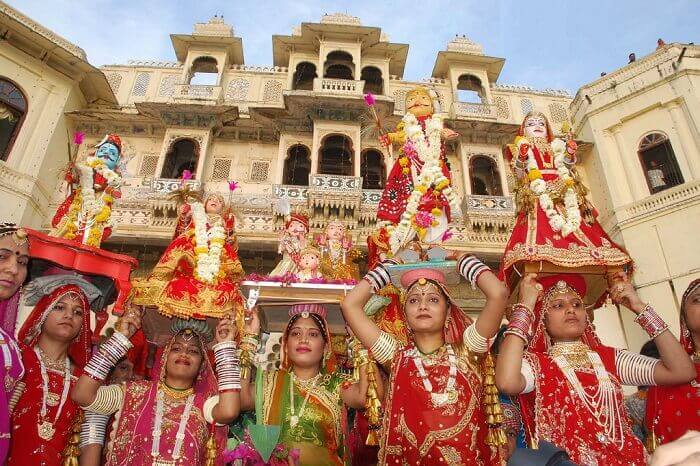India is one of the few countries that legally allows growing opium poppy and the only country which legally produces opium gum. Opium poppy plant is the source of opium gum which contains several indispensable alkaloids such as morphine, codeine and thebaine, required for production of pharmaceutical drugs. Morphine is the best analgesic required in case of extreme and excruciating pain such as that of terminally ill cancer patients, nothing alleviates the suffering except morphine. Codeine is commonly used in manufacture of cough syrups.
Eleven other countries — Australia, Austria, France, China, Hungary, the Netherlands, Poland, Slovenia, Spain, Turkey and the Czech Republic — are allowed poppy cultivation, but they process the bulb and stalk together, without extracting gum.
International Conventions:
India is a signatory to:
- The UN Single Convention on Narcotics Drugs 1961,
- The Convention on Psychotropic Substances, 1971
- The Convention on Illicit Traffic in Narcotic Drugs and Psychotropic Substances, 1988
which prescribe various forms of control aimed to achieve the dual objective of limiting the use of narcotics drugs and psychotropic substances for medical and scientific purposes as well as preventing the abuse of the same. Consequently, India has put system of control of Narcotic Drugs considering country’s obligations towards the UN conventions.
Narcotic Drugs and Psychotropic Substances Act (NDPS), 1985
The NDPS Act empowers the Central Government to permit and regulate cultivation of opium poppy for medical and scientific purposes. Accordingly, Opium cultivation is permitted in the notified tracts in the states of Madhya Pradesh, Rajasthan and Uttar Pradesh.
Various Ministries and Departments under the Government of India as well as the State Governments exercise various functions pertaining to drug demand and supply reduction.
- Drug supply is looked after by various enforcement agencies under the Ministry of Finance, Ministry of Home Affairs and State Governments.
- Drug demand reduction is handled by the Ministry of Social Justice & Empowerment
- Treatment of drug addicts and their rehabilitation falls under the domain of the Ministry of Health.
- The Central Bureau of Narcotics (CBN), Gwalior (Madhya Pradesh) under the Narcotics Commissioner issues licenses to the farmers to cultivate opium poppy.
Opium gum produced by the cultivators is procured by the officers of Central Bureau of Narcotics (CBN) and transferred to the Government Opium and Alkaloid Works (GOAW). There are two GOAWs one in Ghazipur (Uttar Pradesh.) and one in Neemuch (Madhya Pradesh).
What is Doda?
Doda or Poppy Straw, is the husk left after the opium (अफीम) is extracted from the pods. This poppy straw also contains a very small morphine content and if used in sufficient quantities, poppy straw can give a high. Further, Regular use of this doda or opium straw also addicts the user.
Possession, sale, use, etc. of poppy straw is regulated by the State Governments under the State NDPS Rules. Farmers sell the poppy straw to those licensed by the State Governments to purchase poppy straw.
The Trade of Opium Straw in Rajasthan

The state government controlled the sale of poppy straw. In Rajasthan, the 264 doda post licensed shops or thekas were issued permits by the state excise department, similar to liquor shops. On this thekas, the straw is sold in licensed amount only to legal permit- or licence-holders (around 19,000), which have been identified by state department has drug addicts. Most licence-holders live in the desert districts of western Rajasthan — Jaisalmer, Barmer and Jodhpur.
The problem:
While government wants to regulated the use of doda and limits its addiction, a much larger number of people obtains the substance illegally and increasing the number of addicts. Further, addiction to Doda has been accepted in society in the same way as the addiction to tobacco.
To complicate the problem, use of opium has also formed part of certain traditions like during weddings, filtered opium husk is served as a drink. In certain rural areas , it is a mandatory ritual during weddings as well as during the 12-day mourning period after a death in the family.
All this has made, opium addiction a major social issue.
The high-court Decision:
In July last year, Rajasthan High Court ordered the cancellation of all doda post permits and closure of the vends. Keeping hardcore addicts in mind, it directed the government to make the substance available only against a doctor’s prescription. Vendors appealed to the Supreme Court, and obtained a stay saying they had deposited the fees for the entire year. The decision to close the vends was then deferred to March 31, 2016.
Since then, the government has been setting up de-addiction camps under its rehabilitation scheme, Naya Savera. The excise department, in collaboration with the health department, has been setting up de-addiction centers.
Rajasthan Government Decision:
Rajasthan Government decided to shut down the 264 retail outlets selling ‘doda post’ or opium husk, starting April 1.
Life After Ban:
The problem of Opium Straw has refused to go down even after 7 months of complete ban on its sale. The 150 de-addiction camps have treated close to 8,000 addicts outdoors and 1600 as admitted. The problem of addiction is higher in 15 districts of Rajasthan including Jaipur, Ajmer, Alwar, Barmer, Bikaner, Churu, Sri Ganganagar, Sirohi, Jaisalmer Jalore, Jodhpur, Nagaur, Pali, SIkar & Jhunjhunu. Government is planning to hold 100 more camps in these districts.



